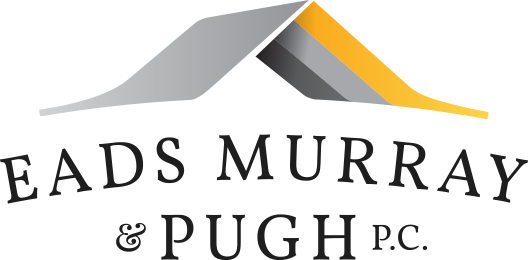The Business Judgment Rule and the Indiana Nonprofit Corporations Act as Applied to Board Members of an Indiana Homeowners Association or Condominium Association
Board members for Indiana homeowners associations and condominium associations have a myriad of tasks and duties. Such duties are either expressly set forth in a community’s governing documents (i.e. the covenants and by-laws), or in some cases are implied or set forth in statute.
The Indiana Nonprofit Corporations Act (which can be found at Indiana Code 23-17) sets out the general standard of care to which all Board members must adhere. Specifically, Board members must discharge their duties in good faith, exercising the care of a prudent person in a like position under similar circumstances, and in a manner the director reasonably believes is in the best interest of the Association. Basically, Board members must continually look out for the best interest of their community and their Association and NOT themselves. Their decisions must reflect their best intentions.
Indiana law recognizes that Board members are not experts and are volunteers. Because of this, Board members may rely on the advice and opinions of other qualified individuals, such as CPAs, engineers, architects, and legal counsel. The law provides that a Board member is acting in good faith when he or she relies on the advice or opinion of individuals they reasonably believe to be competent in the matter.
Under Indiana law, Board decisions are governed by what is known in the legal industry as the Business Judgment Rule. Under this legal doctrine, Board decisions will be deemed valid and upheld if the Board acted on an informed basis, in good faith, and in the honest belief that the action taken, or decision made, was in the best interests of the Association. In order for the Business Judgment Rule to apply, every decision made by the Board of Directors must have a reasonable basis, meaning that it was based on adequate research, as well as consideration of alternatives, costs and risks. This also means that the Board members must be knowledgeable of the governing documents for their Association (such as the covenants and by-laws) as well as the Association’s ongoing business activities. This good faith requirement will apply to all Board decisions, including decisions related to regulatory functions such as covenant enforcement, assessment collection, and architectural review.
Additionally, for the standard of conduct to be met, and for the Business Judgment Rule to apply, each of the members of the Board must avoid any self-dealing or conflicts of interest. All decisions must be made with a view toward the best interest of the community as a whole. Any form of self-dealing is a breach of the director’s duty of loyalty and will eliminate protection under the Business Judgment Rule.
The Business Judgment Rule will help protect the Board should their decisions turn out in hindsight to be detrimental to the Association. Even the best of Boards, acting with the best of intentions, will sometimes make what turns out to be a bad decision. If a legal challenge is brought against a Board of Directors and/or the Association under such circumstances, the court will likely apply the Business Judgment Rule and analyze whether the Board’s actions were consistent with the provisions of the Association’s covenants, by-laws and other governing documents. The court will also evaluate whether the Board made a careful, well-informed analysis of the issue. If so, the court should dismiss the suit, even if the Board’s decision turned out to be detrimental to the Association.
Notwithstanding the Business Judgment Rule, all associations should obtain a Directors and Officers Liability Insurance Policy (i.e. a D&O policy). Boards often mistakenly believe that an association’s general liability insurance policy will provide full protection in the event of a lawsuit. However, most general liability policies will cover only claims for injury to persons or property. A D&O insurance policy will protect the association and Board members from other types of claims, including those based upon decisions made and actions taken by the Board. If a lawsuit is filed, the D&O policy should cover the cost of any necessary legal defense, which could be substantial. Boards should periodically review their existing insurance policies and ensure they fully understand the nature and extent of their coverage.
If your homeowner association or condominium association needs assistance or has more in-depth questions on the Business Judgment Rule, or any other issues, please contact our office.
